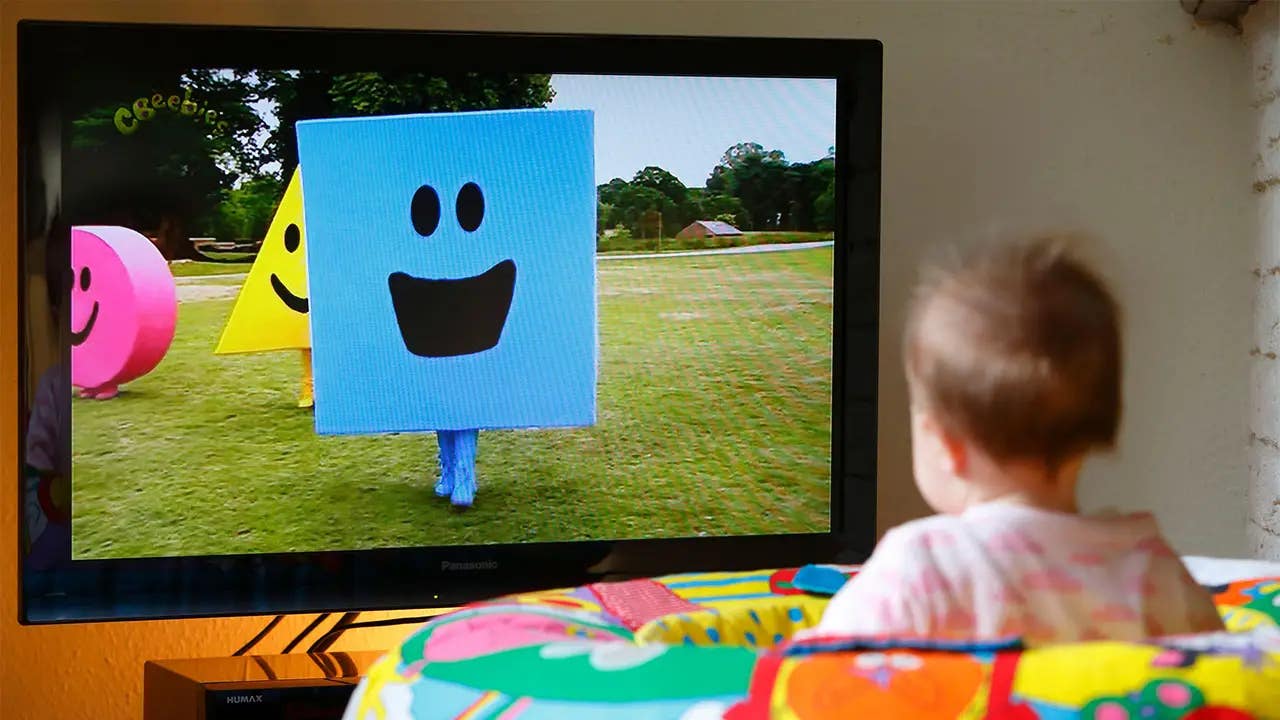New research sheds light on how ultrasound could be used to treat psychiatric disorders
Research to tackle psychiatric conditions where maladaptive decisions are observed through exposure to ultrasound neuromodulation.

[Dec 17, 2021: University of Plymouth]
Imagine passing an exam, and thinking your success was down to the socks you wore or the number of biscuits you’d eaten, rather than the hours of study you’d put in.
This is issue of ‘credit assignment’, where a person or animal attributes the wrong outcome to an event, exists in a variety of psychiatric disorders, like addiction or OCD where people still believe that drug consumption on engaging in certain rituals will lead to positive outcomes.
Now a new study in macaque monkeys has shed light on which parts of the brain support credit assignment processes and, for the first time, how low-intensity transcranial ultrasound stimulation (TUS) can modulate both brain activity and behaviours related to these credit assignment processes.
While currently developed in an animal model, this line of research and the use of TUS could one day be applied to clinical research to tackle psychiatric conditions where maladaptive decisions are observed.
Led by the University of Plymouth and published in the journal Science Advances, the study shows that credit assignment-related activity in the lateral prefrontal area of the brain, which supports adaptive behaviours, can be safely and quickly disrupted with TUS.
After stimulating this brain area, the animals in the study became more exploratory in their decisions. As a consequence of the ultrasound neuromodulation, behaviour was no longer guided by choice value – meaning that they could not understand that some choices would cause better outcomes – and decision-making was less adaptive in the task.
Related Stories
The study also showed that this process remained intact if another brain region (also part of the prefrontal cortex) was stimulated; showing for the first time how task-related brain modulation is specific to stimulation of areas that mediate a certain cognitive process.
The work was co-led by the Wellcome Centre for Integrative Neuroimaging at the University of Oxford, and co-authored by Radboud University, Netherlands; PSL Research University, Paris, France; Pôle Hospitalo-Universitaire, Paris, France; the University of Paris; and the University of Lyon, France.
First author, Dr Elsa Fouragnan – UKRI Future Leader Fellow at the University of Plymouth – said: “The brain is like a mosaic – there are multiple parts doing different things. Each part may be linked to a certain behaviour. The challenge is first to know whether this behaviour is causally linked to a certain brain region. Only brain stimulation allows you to answer this question.
“The second challenge is that if you disrupt or modulate one part, then it can affect several others, so we need to understand how brain areas work together, and how they affect each other if one is stimulated or disrupted.
“The really interesting finding in this study is not only discovering where certain decision making activities take place, but also how neuromodulation can change these and associated behaviours. We hope that this can pave the way to new studies in humans, particularly in patients experiencing mental health issues.”
The work is used as a proof of concept study for ongoing research at the University of Plymouth’s new Brain Research and Imaging Centre (BRIC), where Dr Fouragnan is the lead of the Non Invasive Brain Stimulation laboratory.
Note: Materials provided above by the University of Plymouth. Content may be edited for style and length.
Like these kind of feel good stories? Get the Brighter Side of News' newsletter.
Tags: #New_Discoveries, #Research, #Ultrasound, #Disorders, #Psychology, #Brain_News, #Science, #The_Brighter_Side_of_News
Joshua Shavit
Science & Technology Writer | AI and Robotics Reporter
Joshua Shavit is a Los Angeles-based science and technology writer with a passion for exploring the breakthroughs shaping the future. As a contributor to The Brighter Side of News, he focuses on positive and transformative advancements in AI, technology, physics, engineering, robotics and space science. Joshua is currently working towards a Bachelor of Science in Business Administration at the University of California, Berkeley. He combines his academic background with a talent for storytelling, making complex scientific discoveries engaging and accessible. His work highlights the innovators behind the ideas, bringing readers closer to the people driving progress.



